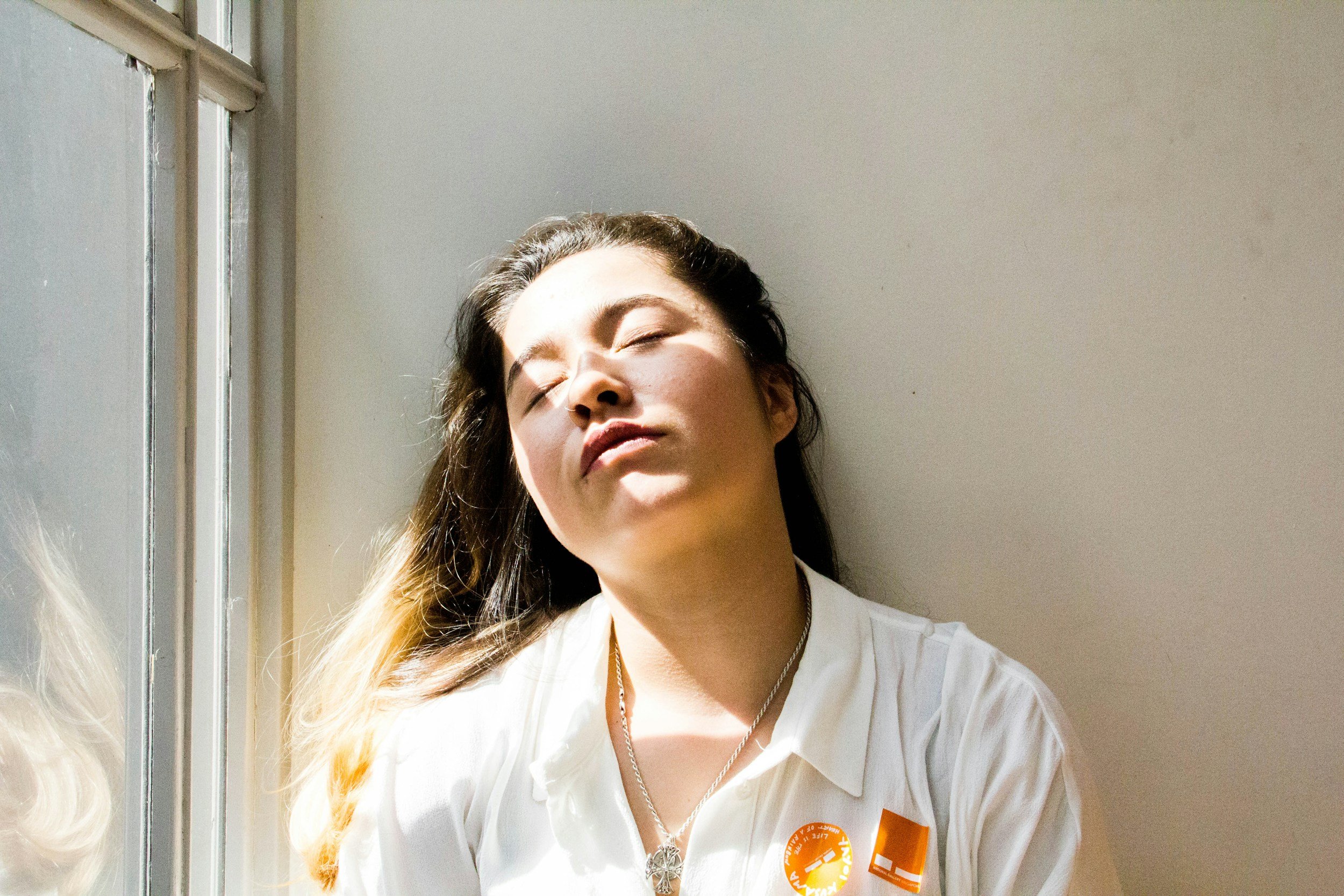The cause of Chronic Fatigue Syndrome is unknown, but it is characterized by severe, chronic fatigue of six months or longer that is not attributable to other known medical conditions. People with CFS have been found to produce lower levels of the adrenal stress hormone, cortisol, than do healthy people.
The adrenal gland makes cortisol, the most important adaptive and stress hormone which controls many of the functions which effect energy production. Cortisol maintains blood sugar, fights inflammation and allergies and helps us survive stressful challenges.
However, with the type of chronic low level, on going stress we face today, the adrenal response can become dysfunctional leading to fatigue, or what many call adrenal fatigue. Other related symptoms may be-
Depression or anxiety
Food allergies and intolerance
Poor concentration and memory
Tired in the morning even after a good sleep
Insomnia- feeling too energized before bed time and having difficulties with falling asleep
Increased inflammation of muscles, joints, the GI tract
feeling excessively fatigue after exercise
Experience a whole-istic approach
We will take a closer look at your life style and identify the root cause of your chronic fatigue and we will address it accordingly. You will be sent for a blood test to check thyroid function and possibly other hormones that may affect your energy levels (sex hormones for example). There are more possible reasons for chronic fatigue that we will look into-
Dietary habits
Inadequate exercise
Insomnia and sleep disturbance
Nutrient deficiency (B vitamins, especially B12, magnesium),
Food allergy and gluten intolerance and inflammation
Digestive issues
Major depression and anxiety disorders
Inflammation
Stress
How we take care of you
Acupuncture
Acupuncture can have a profound effect on energy levels and fatigue, effecting many aspects of physiology. The traditional Chinese concepts explain acupuncture treatment as balancing and increasing the qi energy.
One effect that has been proven is the impact acupuncture has on the brain. Functional MRI studies have found that acupuncture impacts the activity of the mid-brain which controls adrenal and other hormone function. The balance that the Chinese talked about 2000 years ago is seen in these MRI studies of the brain. The activity of the amygdala, the seat of fear and other emotions can be reduced while the hippocampus activity increases, providing more detailed context regarding negative emotions and regulating cortisol production, therefore improving energy level. *
Nutrition
We support you in making dietary choices and are better for you and fit your life style. We focus on simple guide lines that are based on eating a wide variety of whole, fresh and organic food. Here are the basics-
Eat organic plants with deep colors, both vegetables and fruits.
Avoid simple sugars (deserts, sweeteners, alcohol).
Get high quality protein that is organically raised (free range chicken, wild salmon and other low mercury fish, organic cultured dairy-yogurt, kefir if tolerated) some grass fed beef if desired
Use high quality fats in large amounts-olive oil, nuts and seeds (raw almonds, walnuts, pumpkin, sunflower seeds), avocado and coconut oil.
Limit alcohol and caffeine use
Consider 5 small meals a day, normalizing blood sugar swings
Try to get a 12 hour fast between dinner and breakfast with 3 hours between dinner and sleep
Mindfulness and deep breathing technique
Mindfulness
Mindfulness can be understood as the non-judgmental acceptance and “open-hearted” investigation of present experience, including body sensations, internal mental states, thoughts, emotions, impulses and memories, in order to reduce suffering or distress and to increase well-being. Mindfulness meditation is the method by which mindfulness skills are cultivated. Over the past twenty years mindfulness meditation has been the subject of more controlled clinical research that found it may have beneficial effects, including stress reduction, relaxation, and improvements to quality of life.
Deep breathing technique
Deep breathing, done right, kicks off a chemical reaction in your body that moves it from stressed to calm. When you’re relaxed, your breathing is long and slow, irregular and more often than not, your out-breaths will be longer than your in-breaths. Your body can be pushed into this relaxed state by imitating the breathing patterns you would have if you were already relaxed. It’s like, ‘fake it until you make it’.
* References:
“Randomized controlled clinical trials of acupuncture and moxibustion treatment of chronic fatigue syndrome patients." Zhen ci yan jiu= Acupuncture research/[Zhongguo yi xue ke xue yuan Yi xue qing bao yan jiu suo bian ji] 39, no. 4 (2014): 313-317.
"Clinical study on electroacupuncture plus interferential current therapy for chronic fatigue syndrome." Journal of Acupuncture and Tuina Science 12, no. 3 (2014): 156-159.
“Acupuncture for chronic fatigue syndrome and idiopathic chronic fatigue: a multicenter, nonblinded, randomized controlled trial.” Jung-Eun Kim, et al Trials. 2015; 16: 314.
